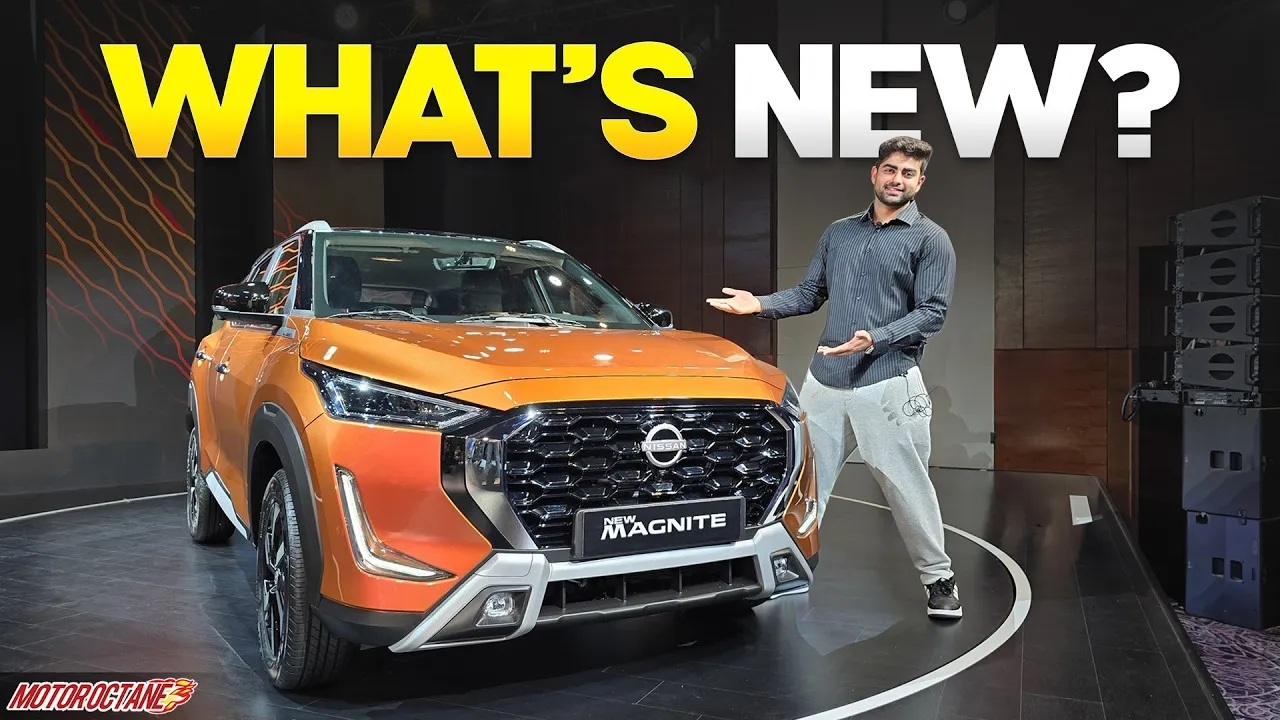Nissan Shifts Gears : In a world where electric vehicles (EVs) dominate headlines, Nissan’s choice to hit pause on electric ute development in favor of SUVs might seem surprising. But this isn’t a U-turn on innovation—it’s a calculated detour to meet drivers where they are. Let’s unpack the roadblocks, opportunities, and savvy strategy behind this move.
SUVs: The Unstoppable Force Reshaping Roads
Picture this: school drop-offs, weekend adventures, and grocery hauls—all in a vehicle that feels like a Swiss Army knife on wheels. SUVs have become the go-to for drivers globally, blending practicality with a dash of rugged charm. Markets like the U.S. and Australia are all-in, with SUVs making up over 50% of new car sales. Nissan’s not just following the trend; they’re doubling down on what buyers actually want right now.
Why Nissan’s Betting Big on SUVs
- Instant Gratification: Why pour resources into niche electric utes when SUV demand is red-hot? Nissan’s leveraging existing factories and expertise to keep dealerships stocked.
- Hybrid Horizons: While pure EVs get the spotlight, hybrids offer a middle ground. Think fuel-efficient SUVs that appease eco-conscious drivers without range anxiety.
- Profit Meets Practicality: SUVs fatten profit margins, giving Nissan cash to fund future EV projects. It’s a classic “today funds tomorrow” play.
The Electric Ute Dilemma: More Than Just Batteries
Electric utes aren’t just trucks with plugs—they’re engineering marathons. Imagine hauling a trailer up a mountain while keeping the battery from conking out. Current tech struggles with:
- Weight vs. Range: Heavy loads drain batteries faster. Rivian’s R1T, for example, loses 50% range when towing.
- Charging Chaos: Rural areas (where utes thrive) lack charging networks. Would farmers wait an hour for a charge?
- Price Shock: Electric utes cost 30% more upfront than gas models. For tradespeople, that math rarely adds up.
Nissan’s pause says, “Let others tackle the growing pains.” Ford’s F-150 Lightning may grab headlines, but its lukewarm sales hint at the segment’s uphill battle.
Sustainability Without the Showboating
Nissan isn’t ditching green goals—they’re getting creative. While rivals chase EV hype, the automaker’s playing the long game:
- Leaf Lessons: Their EV pioneer, the Leaf, taught them early adopters aren’t enough. Mainstream buyers need bridges, not leaps.
- Hybrid Hustle: Upcoming SUVs could pair gas engines with electric boosts, slashing emissions without alienating skeptics.
- Battery R&D: Quietly investing in solid-state tech that could revolutionize utes—when the time’s right.
What’s Next? Flexibility Is the New Fast Lane
The auto industry’s racing toward an electric future, but Nissan’s strategy reads like a seasoned driver’s playbook:
- Follow the Money: SUVs fund the R&D needed for tomorrow’s breakthroughs.
- Dodge the Pitfalls: Let Tesla and Rivian blaze trails—and stumble—in electric utes.
- Stay Adaptable: When battery costs drop or charging networks spread, Nissan can pivot faster than startups.
Key Takeaways in Plain Sight
- SUVs = Now, Electric Utes = Later: Nissan’s feeding today’s demand while eyeing tomorrow’s tech.
- Hybrids Are the Dark Horse: They’re the unsung heroes bridging fossil fuels and electrons.
- Consumer Realism Wins: Flashy EV concepts dazzle, but Nissan’s betting on what sells today.
In a market where “electric or bust” dominates boardroom chatter, Nissan’s balancing act feels refreshingly real. Sometimes, the road to innovation isn’t a straight line—it’s a winding path paved with practicality.
What’s your take? Should automakers chase trends or stick to proven sellers? Let us know in the comments!

